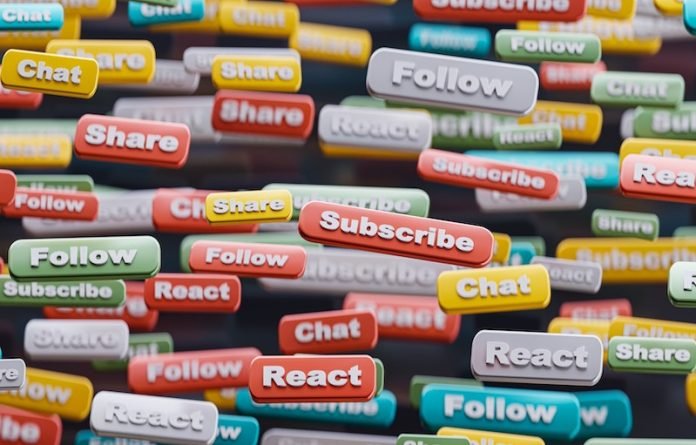
Recently, the American Psychological Association and the U.S. Surgeon General released health warnings.
They told us about a growing issue. More and more young people are using social media, and it’s affecting their mental health. This is a big problem that needs a solution.
A Simple Solution?
A group of researchers at Iowa State University may have found a solution.
They asked 230 college students to try an experiment. Half of them were asked to use social media for only 30 minutes each day. They were also given daily reminders.
After two weeks, these students felt less anxious, less depressed, less lonely, and less fear of missing out. They also felt happier and had a more positive outlook on life.
Positive Effects
The lead author of the study, Ella Faulhaber, was surprised by these results.
She said, “I was excited to learn that such a simple intervention of sending a daily reminder can motivate people to change their behavior and improve their social media habits.”
What’s more, even the students who sometimes used social media for more than 30 minutes still felt better.
The most important thing was to make an effort and be aware of how much time they were spending on social media.
Why This Works
Another researcher, Douglas A. Gentile, explained why this might work. He said, “Knowing how much time we spend on activities each day and making something countable makes it easier for people to change their behaviors.”
At first, cutting back on social media was hard for the students.
But after a few days, they felt more productive and connected to their lives. Some said they were getting better sleep or spending more time with people in person.
Tips for Cutting Back
So how can you cut back on social media? The researchers have some tips:
- Be aware: Use a timer or an app to see how much time you’re spending on social media.
- Be kind to yourself: It’s hard to stick to a time limit. Remember, it’s okay if you don’t always make it.
- Don’t give up: Keep trying. The benefits of cutting back on social media are real.
They also remind us to be thoughtful about how and when we use social media. It’s also good to think about what else we could do with the time we save.
What’s Next?
“We live in an age of anxiety. Lots of indicators show that anxiety, depression, loneliness are all getting worse, and that can make us feel helpless.
But there are things we can do to manage our mental health and well-being,” says Gentile.
This study is a step towards finding those things. Future research will explore more about the long-term effects of reducing social media time and what people can do with their free time.
Remember, it’s always important to ask a grown-up for help if you’re feeling sad or anxious. And if a friend tells you they’re feeling this way, tell a grown-up about it. It’s okay to ask for help.
If you care about depression, please read studies about vegetarianism linked to a higher risk of depression, and Vitamin D could help reduce depression symptoms.
For more information about nutrition, please see recent studies that ultra-processed foods may make you feel depressed, and these antioxidants could help reduce the risk of dementia.
The study was published in Technology, Mind, and Behavior.
Copyright © 2023 Knowridge Science Report. All rights reserved.




